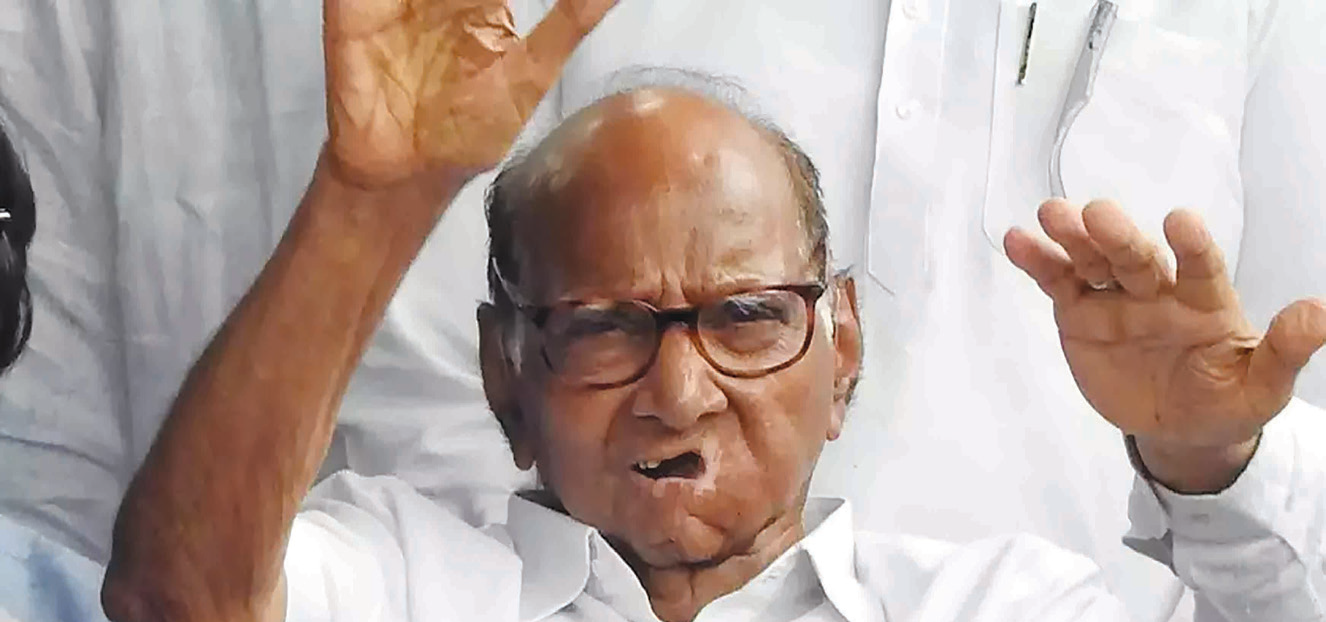.jpeg)
Attempt to dispossess the community of Waqf assets
Bengaluru, NT Bureau: The Waqf Amendment Bill 2024 introduced in Parliament on Thursday has evoked negative reactions from the Muslim community. A good many Muslim leaders view the Bill as an attempt to dispossess the community of Waqf assets strewn all across the country.
Some of the leaders to whom News Trail spoke, suspect that the Bill if enacted, will legalise adverse occupations and encroachments as it removes the Waqf Tribunals whose decisions were to be final under the 1995 Act.
They apprehend that the removal of tribunals will allow occupants and encroachers to be owners under the new law, if enacted. It is mentioned that in a majority of cases, the government and its departments were themselves the illegal occupants and encroachers and litigation had been on for decades.
The Bill which seeks to rename the 1995 Act as Integrated Waqf Management, Empowerment, Efficiency and Development Act 1995, mandates all institutions, estates and assets to register themselves afresh by uploading the entire details on the portal within six months of its activation.
No law limits the right of a person to will their property or dispose of it. But look at what you are doing - Hindus can give complete property to daughter or son. I as a Muslim can only give one-third. I can give a gift but cannot give it to Allah. You are stopping me from praying. You are restraining work for Allah. — AIMIM MP Asaduddin Owaisi
Talking to News Trail, senior Congress leader and Deputy Chairperson of the Rajya Sabha Mr K Rahman Khan said, thousands of mosques and other institutions have been recognised under the provision of “Waqf by user” as these institutions have been continuously in use as mosques, dargahs or madrassas since eternity and are widely recognised as so by all.
Their use since antiquity itself has been basis of their being a waqf. The new bill removes the provision and thereby threatens dispossession from such assets.
“Hundreds of mosques were built in an age when there was no legislation in existence to register them as waqf, hence were recognised as “Wakf by user”, Mr Khan added.
The new Act abolishes the Survey Commissioners whose reports laid the basis for authentication of their being waqf. Under the new Act, these powers will be vested under Deputy Commissioners or District Collectors who have umpteen other duties to carry out as administrators of the districts.
The induction of two non-Muslims in the Waqf Boards has raised eyebrows as Waqf Boards are institutions authorised to manage and administer properties dedicated to the welfare of the Muslim community.
The bill proposes sweeping changes to the Waqf Act of 1995, including redefining ‘waqf ’, curtailing the power of waqf boards, giving the Centre the power to frame rules, among others.
Some 44 amendments have been proposed in the Waqf Act, 1995. The Government did not press for the passage of the bill and has referred it a parliamentary committee for scrutiny and suggestions.
 English daily published in Bengaluru & Doha
English daily published in Bengaluru & Doha






